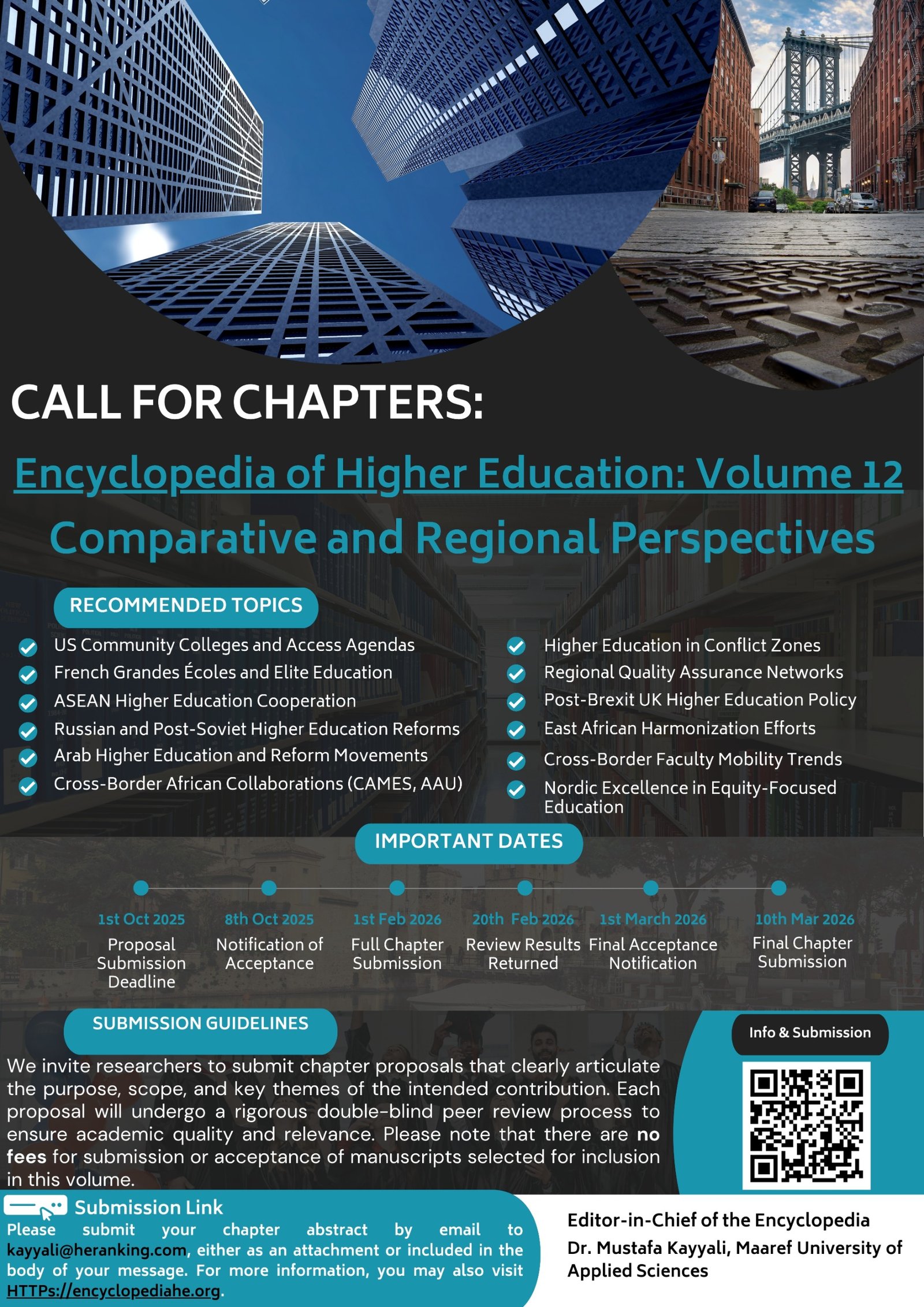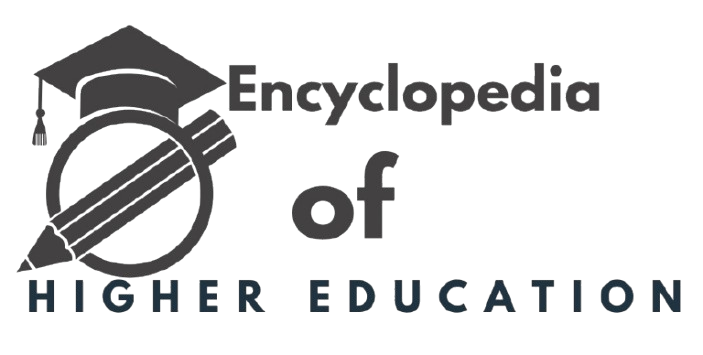Volume 12. Comparative and Regional Perspectives
Overview
This volume delves into the diversity of higher education systems across the globe, offering comparative and region-specific analyses that uncover how culture, history, politics, and economics shape educational landscapes. Through case studies of Scandinavian equity-driven models, post-Soviet transitions, Latin American access initiatives, and South Asian massification, the volume examines both convergence and divergence in global higher education. It gives voice to regions often underrepresented in mainstream discourse, highlighting localized innovations, shared regional challenges, and distinct governance frameworks. Special attention is given to regional alliances, cross-border mobility, linguistic debates, accreditation systems, and the legacy of colonial structures. The aim is not only to compare systems, but also to understand the values and conditions that make each system function.
Importance and Impact
As higher education globalizes, understanding regional nuances becomes imperative for collaboration, policy alignment, and meaningful reform. This volume offers a critical lens on how global forces interact with local contexts—whether through harmonization efforts in East Africa, knowledge transfer from diaspora scholars, or political constraints in conflict zones. By emphasizing context-sensitive interpretations, it enables readers to see that educational success is not one-size-fits-all. The insights here support policymakers, institutional leaders, and researchers in adapting global strategies to fit local realities, avoiding policy borrowing without context, and respecting the cultural sovereignty of educational systems. In doing so, the volume fosters a more inclusive and pluralistic vision of global higher education.
Submission Guidelines
Word Count: 5,000 to 6,000 words
Each chapter should be between 5,000 and 6,000 words, including references. This length allows contributors to develop their argument with sufficient depth while remaining accessible to a global readership.
Language: English
All submissions must be written in clear, academic English. Contributors are encouraged to use inclusive language and ensure clarity for an international audience.
Citation Style: APA (7th edition preferred)
Please follow APA Style, 7th edition, for all in-text citations, reference lists, headings, and formatting. Consistency in referencing ensures academic integrity and ease of cross-referencing.
References: At least 80% published after 2021
To ensure the relevance and timeliness of each chapter, at least 80% of cited sources should be published from 2021 onward. This helps maintain the encyclopedia’s credibility and reflects current research and policy discussions.
File Format: Microsoft Word (.docx)
Submissions must be uploaded in Microsoft Word format (.docx only). This format allows for easier editing, formatting, and review throughout the publication process.
Interested in Contributing?
Researchers and authors who wish to participate in the Encyclopedia of Higher Education project are invited to send their abstract, chapter idea, or full submission directly to: kayyali@heranking.com
Alternatively, you may fill out the following form to express your interest and submit your proposal.

Recommended Topics for Contribution
Authors are welcome to explore any of the following themes—or propose their own original focus aligned with the volume’s scope:
1- Scandinavian Social-Democratic Models
2- US Community Colleges and Access Agendas
3- French Grandes Écoles and Elite Education
4- ASEAN Higher Education Cooperation
5- Russian and Post-Soviet Higher Education Reforms
6- Indian Institutes of Technology (IITs) and Massification
7- Brazilian Federal Universities and Social Inclusion
8- Arab Higher Education and Reform Movements
9- Turkish and Iranian Higher Education Strategies
10- Cross-Border African Collaborations (CAMES, AAU)
11- Higher Education in Conflict Zones
12- The Pacific Islands and Regional Consortia
13- Regional Quality Assurance Networks
14- Comparative Student Mobility Trends
15- Language Policy in Multilingual Systems
16- Nordic Excellence in Equity-Focused Education
17- Gulf Cooperation Council (GCC) HE Strategies
18- Post-Brexit UK Higher Education Policy
19- East African Harmonization Efforts
20- Higher Education in Small Island Developing States
21- National Language vs. English Medium Debates
22- Regional Accreditation and Mutual Recognition
23- Diaspora Academics and Knowledge Transfer
24- Regional Trends in Student Protest Movements
25- Gender Representation in Academic Leadership by Region
26- Impact of Colonial Legacy on Educational Structures
27- Accreditation Models by Region
28- Cross-Border Faculty Mobility Trends
29- Regional Publishing Ecosystems
30- Political Interventions in Regional Education Policies
